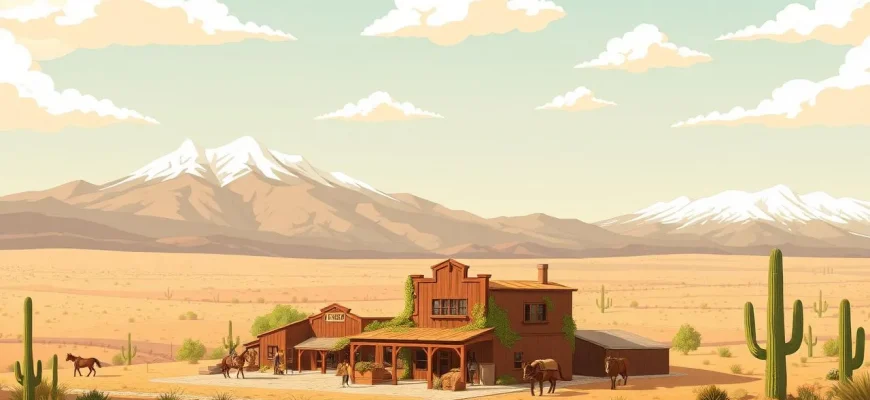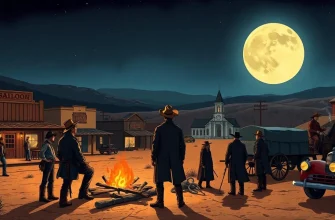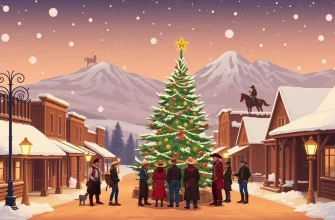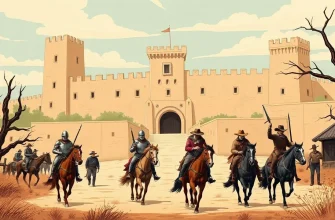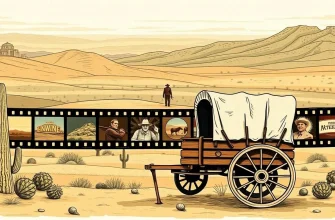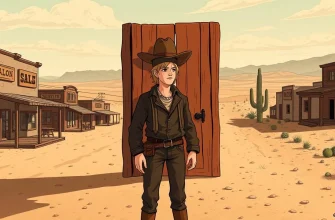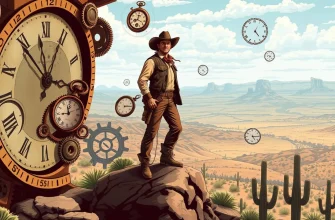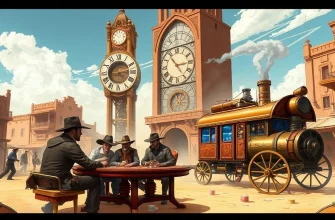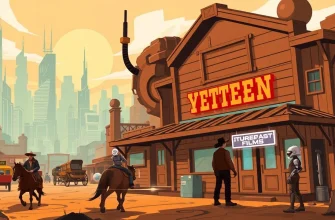The Wild West, with its rugged landscapes and tales of adventure, often intertwines with the themes of renewal and rebirth that spring brings. This curated collection of 10 western films captures the essence of spring, showcasing stories of new beginnings, blooming romances, and the rejuvenation of the frontier spirit. Whether it's the fresh start of a new life, the thawing of relationships, or the literal blooming of the land, these films offer a unique blend of the western genre with the rejuvenating spirit of spring, providing viewers with both entertainment and a deeper appreciation for the season's transformative power.
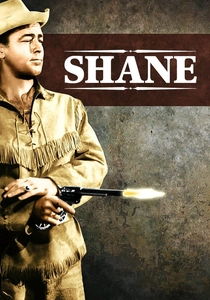
Shane (1953)
Description: The arrival of Shane in a Wyoming valley in springtime marks a new chapter for the homesteaders, embodying the theme of renewal and the fight for a better future.
Fact: The film was nominated for six Academy Awards, including Best Picture. It's often cited for its depiction of the American frontier and its moral complexities.
 Watch Now
Watch Now
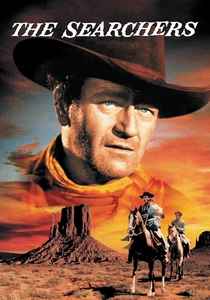
The Searchers (1956)
Description: While primarily a story of vengeance, the film's journey through the changing seasons, including spring, symbolizes the cyclical nature of life and the search for redemption.
Fact: The film was shot in Monument Valley, which provides a stunning backdrop for the changing seasons. John Ford's use of the landscape is considered one of the best in cinema.
 Watch Now
Watch Now
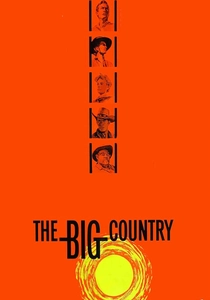
The Big Country (1958)
Description: This epic western uses the vast landscapes of spring to explore themes of land ownership, family, and personal growth, reflecting the season's expansive possibilities.
Fact: The film was shot in California's Mojave Desert, which was transformed to look like the Texas plains in spring. It was nominated for two Academy Awards.
 Watch Now
Watch Now
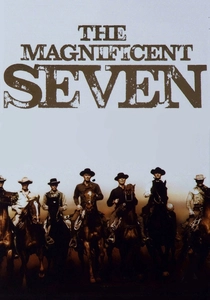
The Magnificent Seven (1960)
Description: While not explicitly about spring, the film's themes of unity and rebirth resonate with the season, as the villagers and the seven gunfighters come together for a new beginning.
Fact: The film was a remake of Akira Kurosawa's "Seven Samurai." It was shot in Mexico, capturing the vibrant colors of spring in its landscapes.
 Watch Now
Watch Now
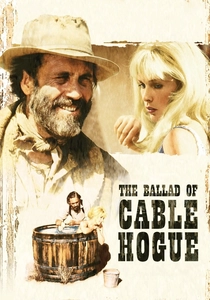
The Ballad of Cable Hogue (1970)
Description: Cable Hogue's journey from being left for dead to finding water and building a life in the desert during springtime symbolizes personal rebirth and the power of nature.
Fact: The film was directed by Sam Peckinpah, known for his revisionist westerns. It was shot in the Nevada desert, capturing the stark beauty of spring in the arid landscape.
 Watch Now
Watch Now
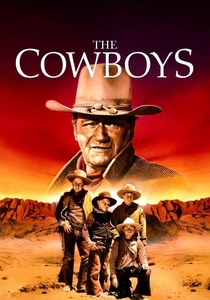
The Cowboys (1972)
Description: The journey of a cattle drive in springtime symbolizes the growth and maturation of the young cowboys, mirroring the season's themes of growth and change.
Fact: John Wayne, who stars in the film, was initially reluctant to take on the role due to its departure from his typical characters. It was one of his last films.
 Watch Now
Watch Now
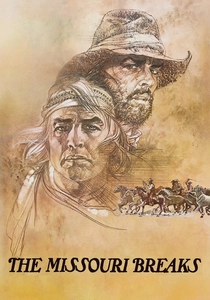
The Missouri Breaks (1976)
Description: Set in the springtime of Montana, this film explores themes of lawlessness and the clash between old and new ways, reflecting the transformative nature of the season.
Fact: The film marked the first collaboration between Marlon Brando and Jack Nicholson. It was also one of the last westerns to be shot in the traditional style.
 Watch Now
Watch Now

The Outlaw Josey Wales (1976)
Description: As Josey Wales flees from his past, he encounters the rejuvenating power of spring, which parallels his own transformation and the forging of new bonds.
Fact: Clint Eastwood not only starred in but also directed this film, marking a significant point in his career. The film was shot in various locations to capture the essence of the changing seasons.
 Watch Now
Watch Now
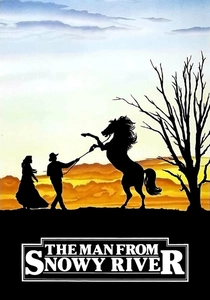
The Man from Snowy River (1982)
Description: Set in the Australian outback, this film captures the spirit of spring with its themes of coming of age and the pursuit of dreams, paralleling the season's growth and renewal.
Fact: The film was inspired by the poem of the same name by A.B. "Banjo" Paterson. It was also one of the highest-grossing Australian films of all time.
 Watch Now
Watch Now
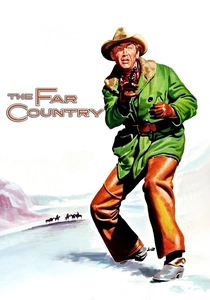
The Far Country (1954)
Description: This film follows a cattle drive from Seattle to the Yukon, where spring's arrival signifies the end of a harsh winter and the beginning of new opportunities for the characters.
Fact: The film was shot in Technicolor, enhancing the vibrant spring landscapes. It was also one of the first films to use the Canadian Rockies as a backdrop for a western.
 30 Days Free
30 Days Free

